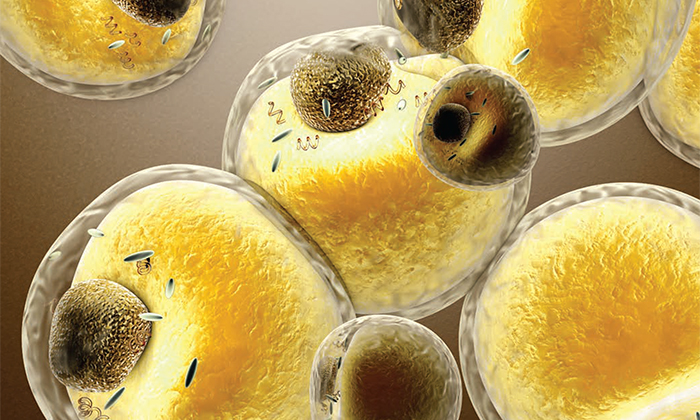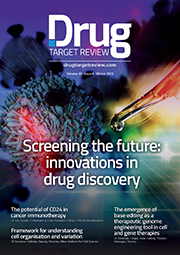How the study of lipidomics is benefiting from recent advances in mass spectrometry
Posted: 10 April 2018 | Cristina Legido-Quigley (Principal Investigator in Systems Medicine at Steno Diabetes Center Copenhagen) | No comments yet
There are no short-cuts in the complex field of lipidomics, explains Cristina Legido-Quigley, a Principal Investigator in Systems Medicine at Steno Diabetes Center Copenhagen in Denmark and at King’s College London.


In this question-and-answer feature, Cristina explains that current methods can detect up to 2,000 different lipids but thousands more remain undetected.
What is the field of lipidomics?
The field of lipidomics focuses on fingerprints made of lipids. The idea is to be able to detect and compare as many lipids as possible between interesting groups of samples. The next step is to try to understand the function of these important lipid molecules. This can be done by designing an experiment or by combining data from other omics, such as genes and proteins. There are several families of lipids and it is quite a complex field. Everybody knows about cholesterol, which always gets a really bad press! But few people know that it is the building block of many important molecules, an example being hormones that are made from cholesterol such as testosterone. Now multiply this by thousands of similar molecules, about which we don’t really know what they are doing in nature.
This article is restricted - login or subscribe free to access


Why subscribe? Join our growing community of thousands of industry professionals and gain access to:
- quarterly issues in print and/or digital format
- case studies, whitepapers, webinars and industry-leading content
- breaking news and features
- our extensive online archive of thousands of articles and years of past issues
- ...And it's all free!
Click here to Subscribe today Login here
Related topics
Analysis, Analytical Techniques, Biologics, Biomarkers, Disease Research, Genomics, Immunology, Lipidomics, Mass Spectrometry, Metabolomics, Peptide Therapeutics, Personalised Medicine, Precision Medicine, Protein, Proteomics, Target Validation
Related organisations
King's College London, Merck KGaA, Steno Diabetes Center Copenhagen
Related people
Cristina Legido-Quigley








